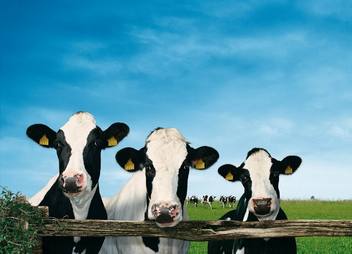
In the spirit of 'ideas worth spreading', I have been asked to present at TEDxManchester (with thanks to Ian Forrester @BBC Backstage).
x, because this represents an independently organised event. Albeit with a BBC edge.
This will be my first TED. This will also be the first time I have ever been asked to contribute without a good sense of who the other speakers are, what direction the day will take, or the connection to audience – in my mind the most important part of any conference, unconference or otherwise. Let alone the size of the event itself. This is self-organisation on a small-to-many-scale. And I am as yet unsure as to my role, or the expectations and development of sustained interest with the others whom I hope to encounter. My only regret is that I will have to rush back to York before the close of day for more presentations and various interviews from a North East based.
As technology is my thing it seems only natural that these form the main thrust of my talk. As the pace of everyday life accelerates with various social technologies, my key question is whether we have a better handle of ourselves and/or of others? Social platforms in particular are a central part of what Castells tied together as 'networked lives'. This is a central issue beyond the rise of a technological modernity, which has thrust us into social sensibility that is as rapid, in terms of updates and change, as it can be tumultuous.
To make sense of this type of social existence I suggest these are the signs of the times where the immediacy – the combination of at-once-connection to others and the ubiquitous nature of social media – emerge as core features, which are supposedly under, but never ever completely, our control.
My aim is to draw attention to the coming and arrival of social information in our lives. Thus, the anticipation of reciprocated connections inexorably change how we (should) think about social media, networks, sociability and behavioural practices. In short, such change has already and shall continue to revolutionise our social and cultural rules, rituals and values. But are we ready for that?...
And is TEDx ready for a 'social scientist'... social media analyst or otherwise.
Whatever happens on the day I'm excited to be meeting - such is the advantage of being a Speaker - Herb Kim a figure-head in technology circles and who has more than one 'idea worth spreading'.







